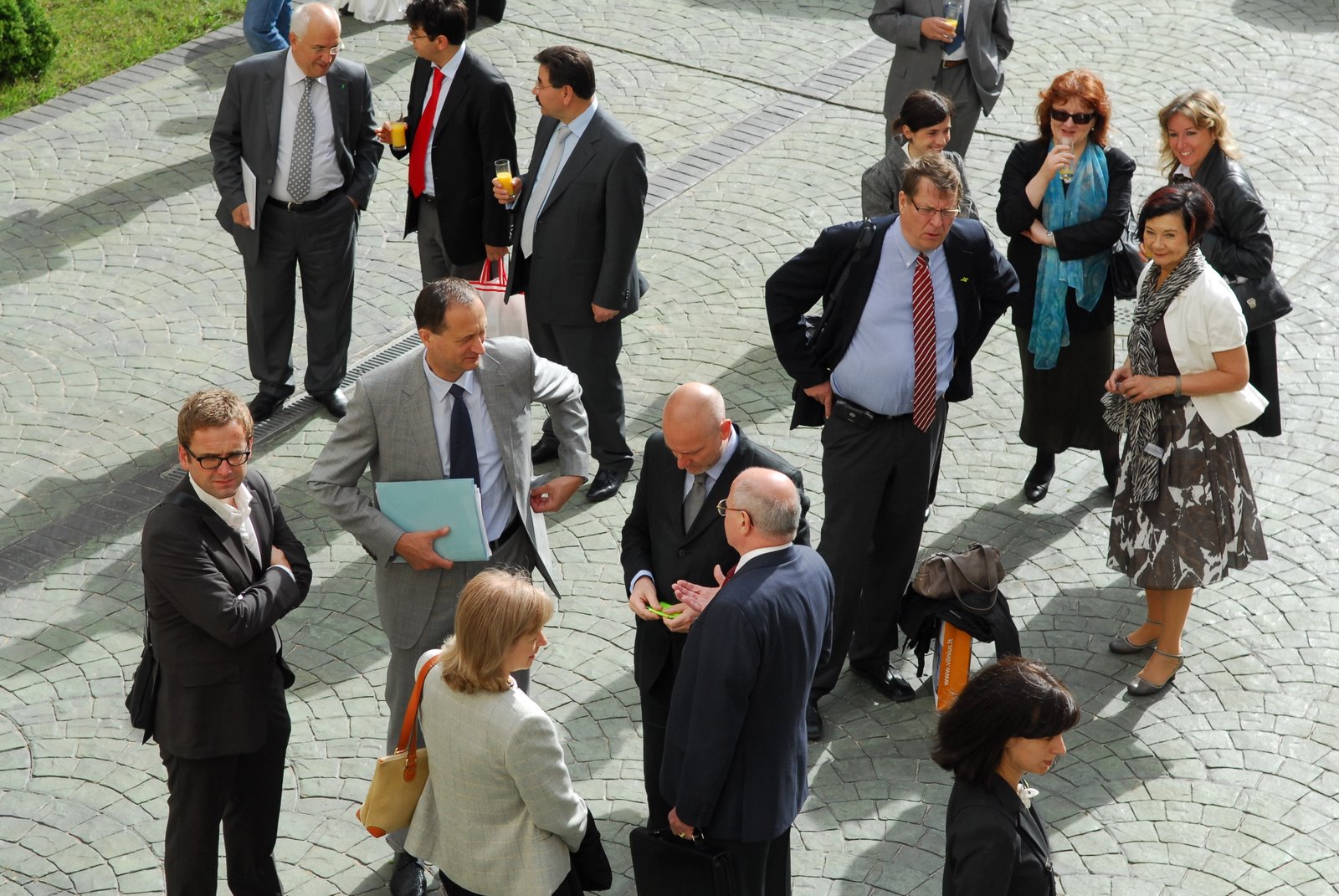The Association ASTIPA directly managed or technically and scientifically supported the organization of meetings and workshops on the main themes concerning the innovation in the Public Administration field.

Our partners are Governments, Embassies and Consulates, Universities, Local Authorities, Public and Private Companies, Research Institutes, Foundations, Associations, Syndicates and Unions.
Our statutory mission pursues the promotion of Town Twinnings, agreements and protocols of intentions between public and private institutions.